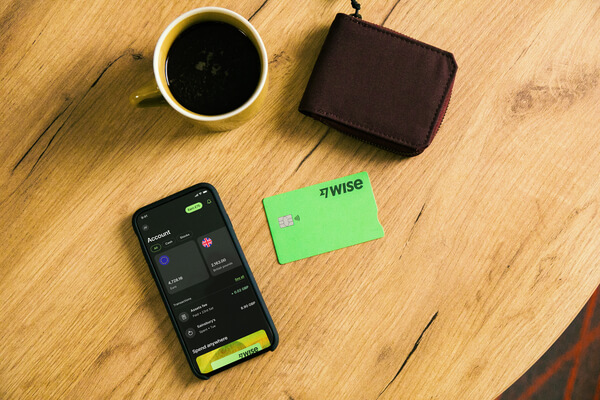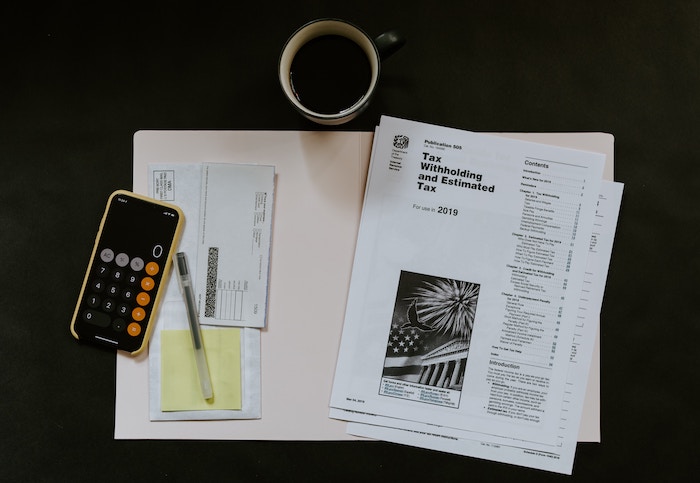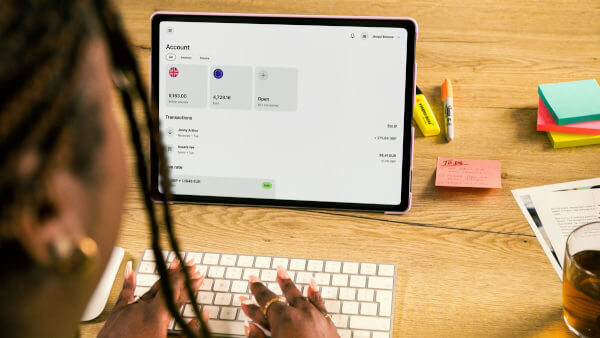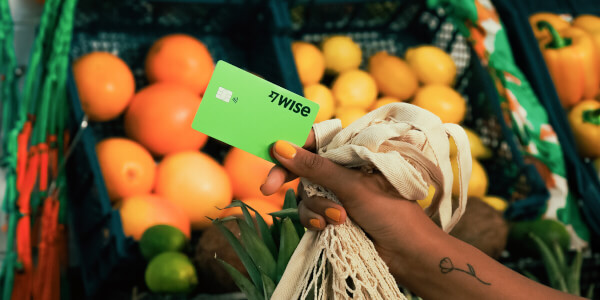Wise ACH vs wire guide
Everything you need to know about using Wise for USD transfers and paying via ACH vs wire

Moved to Canada? Personal finance expert Emma Lunn explains 5 of the top financial tips to get you settled in your Canadian home. From moving your money to getting your head around tipping, here's what you need to know.
If you’re keen for a change of country but can’t decide between sun and snow, beaches or mountains, then Canada could the destination for you.
Renowned as the friendliest country in the world, Canada has incredible variety of regions to see and explore. These range from cities such as Toronto, Montreal and expat favourite Vancouver, to the world-class ski resorts of Whistler and Calgary.
Here’s what you need to know if you’re heading to the land of ice hockey and maple syrup.

Clare Lickley, 25, spent a year living and working in Toronto.
She did plenty of research before opening a bank account with the Canadian Imperial Bank of Commerce (CIBC). She says:
“You need your visa/immigration papers (which ever one you’re on), passport, place you’re living (even your Airbnb will do when you first move) and also SIN number (social security number). The banks all charge monthly fees but some won’t charge you anything the first year. I banked with CIBC and fees started at $4.95 for the first 12 transactions and then after that it charges per transaction.”
CIBC is one of the biggest banks in Canada. Others include the Royal Bank of Canada, Toronto-Dominion Bank (TD) and Bank of Nova Scotia (Scotiabank).

Brits moving to Canada might be shocked at how much a mobile (or “cell”) phone contract costs – Clare certainly was.
“The most expensive thing I found in Canada was phone bills – the most basic was $60 (about £35) a month plus tax for 1GB and 150 mins. It’s crazy and some won’t cover the whole of Canada – just the province you’re in, so that’s something to be wary of.”
In fact, Canada is one of the most expensive countries in which to run a mobile phone contract. There are various reasons as to why, but a key one is that Canada has a relatively small population spread out over a large region, making it more expensive to develop and maintain mobile networks.

At some point you’ll probably want to exchange British pounds into Canadian dollars.
When doing so, it’s important to look at both the exchange rate and any fees. Using your bank might be convenient but it almost certainly won’t have the best exchange rate or lowest fees.
A Transferwise borderless account might be the answer. This type of account allows customers to quickly and conveniently switch between multiple currencies for a fair price, and you can hold and manage money in Canadian dollars, as well as more than 40 other currencies.
A Transferwise account comes with a Mastercard debit card which means you can easily spend abroad in different currencies. (However, you need to order it in the UK, since it's not been launched in Canada yet.)

When you eat out or buy something in Canada, the figure on the menu or price tag is just the starting point.
You’ll know you’ve well and truly settled into the Canadian way of life when you automatically carry out the mental calculations involved in working the various taxes into the stated prices of everything you buy.
There are 3 types of sales tax that might be added to your bill: the goods and services tax (GST), provincial sales tax (PST), and the harmonized sales tax (HST).
GST is 5% and levied by the federal government. As the name suggests, PST depends on which province you’re in and can be up to 9.975%. HST combines the GST and PST into one rate in some areas, and can be nearly 15%.
Some provinces may have just one of these taxes, while others have a combination.

If adding on various taxes to most purchases wasn’t enough, you’ll need to tip service staff too.
Everyone from bartenders and taxi drivers to tour guides and hairdressers – who are usually on a relatively low basic wage – will expect you to leave 15 to 20% of the pre-tax bill as a tip.
Some places will expect even more – it’s not unusual for point-of-sale card devices to default to a 25% tip in some tourist resorts.
If maths is your thing, you’ll see that prices in Canada can actually be 40% higher than advertised once taxes and tipping are taken into account – so be warned.
| Brit in Canada? Wise can help you manage your money across borders more cheaply and easily. Join our 6 million customers at wise.com, or download our Android or iOS app. |
|---|
*Please see terms of use and product availability for your region or visit Wise fees and pricing for the most up to date pricing and fee information.
This publication is provided for general information purposes and does not constitute legal, tax or other professional advice from Wise Payments Limited or its subsidiaries and its affiliates, and it is not intended as a substitute for obtaining advice from a financial advisor or any other professional.
We make no representations, warranties or guarantees, whether expressed or implied, that the content in the publication is accurate, complete or up to date.

Everything you need to know about using Wise for USD transfers and paying via ACH vs wire

Learn all about how the Wise card compares to no FTF ones.

Can you use a Wise Account to convert money you earn?

See how the Wise card compares with Chase Sapphire in our complete guide

Discover in detail whether your account information is visible to the recipient when you make a payment through Wise.

Not sure if Instarem or Wise is the best option for you in the US? Check our guide and find out.